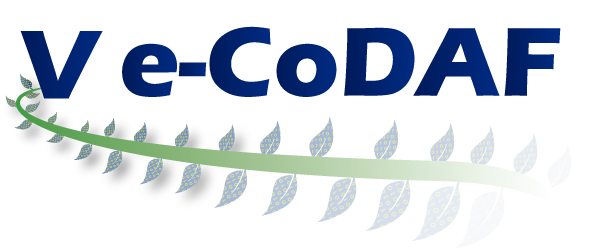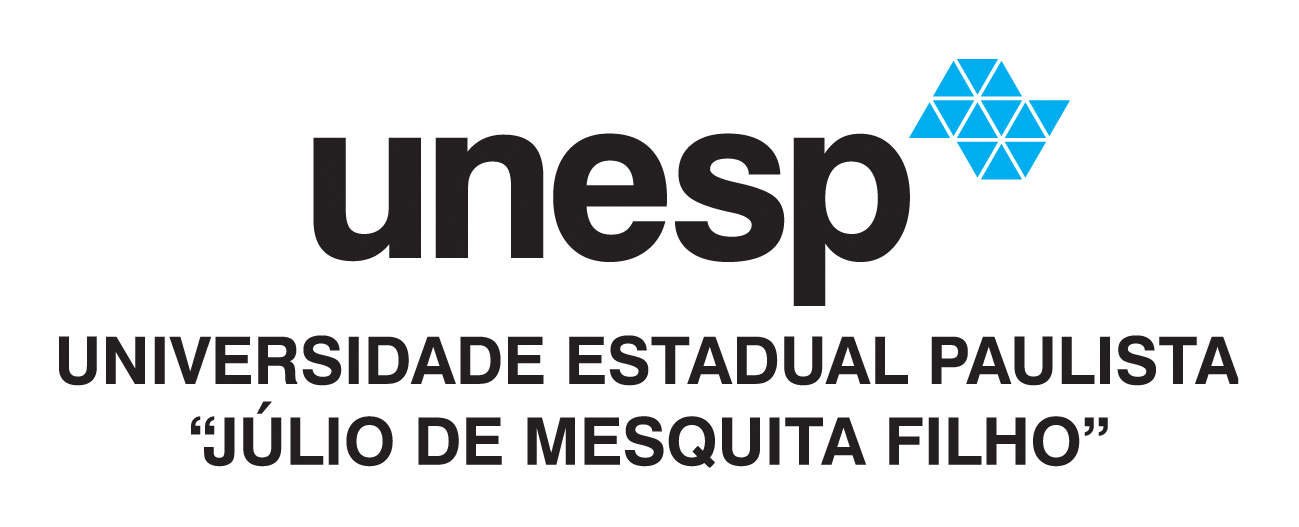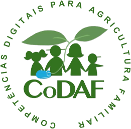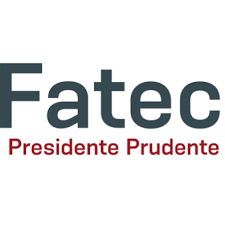e-CoDAF - Digital Skills for Family Farmers Meeting
The E-CoDAF - Digital Skills for Family Farming Meeting is promoted by the CoDAF - Digital Skills for Family Farming Meeting project. The meeting takes place annually, focusing on the presentation of reflections on proposals for the application and use of Information and Communication Technologies by the rural sector, especially for producers and interested in Family Farming, and has the collaboration of higher education institutions, which increases its visibility and the achievement of results. The papers presented at the event are available in the Proceedings.
V e-CoDAF - Digital Skills for Family Farmers Meeting

Theme: Data Access Technologies for Small Rural Management
This year, the V e-CoDAF - V Meeting Digital Skills for Family Farming presents the theme Data Access Technologies for Small Rural Management. V e-CoDAf is promoted by the CoDAF - Digital Skills for Family Farming Project and focuses on presenting proposals for the development and use of Information and Communication Technologies by the rural sector, especially for small producers. In this edition, it will count on the collaboration of three higher education institutions (UNESP/Tupã, FATEC/Presidente Prudente, UFPA/Belém and Tucuruí), which increases its visibility and results reach.
ISBN: 78-85-67703-03-9
Recognition of rural workers' identity: an intrinsic approach to the geographical space of São Paulo state, Brazil
Authors
Liliane Ubeda Morandi Rotoli
São Paulo State University (UNESP) | lilianemorandi@yahoo.com.br | https://orcid.org/0000-0002-4467-3034 |
Silvia Cristina Vieira Gomes
Centro Universitário de Adamantina (UNIFAI) | tinavieiragomes@hotmail.com.br | https://orcid.org/0000-0003-2413-556x |
Taís Cristina Prestes
São Paulo State University (UNESP) | tais-prestes@hotmail.com | https://orcid.org/0000-0001-6148-6583 |
Abstract (Portuguese)
O presente ensaio apresenta como objetivo geral analisar a identidade de trabalhadores rurais, entre eles, vinculados ao Sindicato dos Empregados Rurais de Tupã e Região. Tal análise conta com respaldo da Federação Estadual dos Trabalhadores e Empregados na Agricultura do Estado de São Paulo e da Associação dos Bananicultores do município de Tupã. Os objetivos específicos compreendem caracterizar os trabalhadores rurais quanto às variáveis sociais, econômicas, rotina de trabalho no grupo de pertença na busca da singularização destes trabalhadores. O método de pesquisa elencado apresenta-se de natureza aplicada com objetivo descritivo seguindo uma abordagem quali-quantitativa, em pesquisa de campo. O instrumento de coleta de dados utilizado foi um formulário adaptado ao trabalhador rural. Quanto aos resultados a totalidade dos trabalhadores possuem foco predominante na independência financeira, porém na escolha da profissão, 40% da amostra concorda em parte/bastante se arrepender da escolha da profissão e na percepção dos pais, 25% de seus filhos possuem vergonha da profissão dos genitores. 60% dos trabalhadores concordam bastante e concordam totalmente, a respeito de não se sentirem bem na profissão. Conclui-se que a classe encontra severos desafios laborais e em plena globalização esta categoria de trabalhadores demonstra-se cada vez mais fragmentada, heterogênea e diversificada.
Palavras-chave: Ruralidades. Agricultura familiar. Proletário rural. Agricultor.
Abstract
This essay presents a general objective to analyze the identity of rural workers, among them, linked to the Union of Rural Employees of Tupã and Region, with the support of the State Federation of Agricultural Workers and Employees of the State of São Paulo, Brazil, and the Association of Bananicultores of the municipality of Tupã. The specific objectives include the characterization of rural workers regarding social demographic and economic variables, work routine in the belonging group, in the search for characterization variables of these workers. The research method is characterized by presenting applied nature with a descriptive objective following a qualitative- quantitative approach in field research. The data collection instrument used was a form adapted to the rural worker. Regarding the results, all workers have a predominant focus on financial independence, but in the choice of profession, 40% of the sample agrees in part / quite to regret the choice of profession and in their parents' perception, 25% of their children are ashamed of their profession of the parents. Sixty percent of the workers agree and strongly agree that they do not feel good about their profession. It is concluded that the class meets severe labor challenges and in full globalization this category of workers is increasingly fragmented, heterogeneous and diversified.
Keywords: Ruralities. Family farming. Rural proletariat. Farmer.




